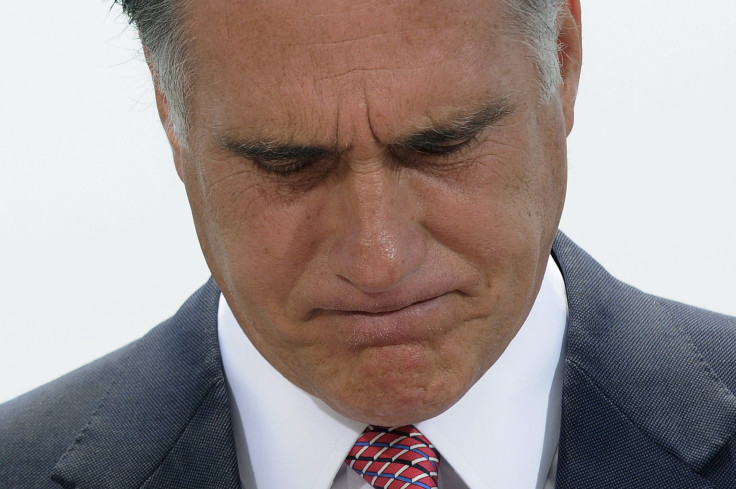Report Slams Mitt Romney on Health Care, Says Plan Would Leave 72 Million Uninsured

The U.S. Presidential election is five weeks away and, along with the economy and the national debt, health care has entered the national spotlight. Both mainstream Presidential candidates, Barack Obama and Mitt Romney, offer disparate solutions to addressing the problems with health care in this country. Both mainstream political parties acknowledge that there is a problem with health care in this country.
There are 48 million people with health insurance, uneven quality in health care, and increasing costs have outstripped increasing wages. The think tank, the Commonwealth Fund, has issued some dire proclamations for the future of health care, saying that, by almost every measure, Mitt Romney's proposed health care plan would under-perform next to President Obama's Affordable Care Act.
Released on the eve before the first Presidential debate, the report compared Mitt Romney's plan, the Affordable Care Act and a country in which neither plan was implemented. The report said that, under Romney's plan, the number of uninsured people would swell to 72 million, or a whopping 45 million more people that would be left uninsured under the Affordable Care Act.
The foundation reports that Mitt Romney's plan would support limited regulation of the health insurance industry, with the idea that customers would be offered a broad variety of plans. According to the Commonwealth Fund, Romney's plan would encourage more people to buy health insurance by making the tax treatment of individually purchased plans nearly identical to that of employer-based plans. The Commonwealth Fund says that the Romney plan would cut health insurance funding to the poor by cutting Medicaid programs. If health insurance costs do not decrease, the think tank says that the Romney plan would have caps in how much they spent on health care.
By contrast, the report says that the Affordable Care Act targets both consumers and the factors that drive up health care costs. The combination of tighter regulations, the insurance mandate and Medicaid expansion would help draw the United States closer to its ideal of universal healthcare. Federal tax credits would also make health insurance more affordable.
The Romney campaign is calling the report flawed. "It assumes a fantasy world where Obamacare has been a success," Romney campaign spokeswoman Andrea Saul said.
"Under ObamaCare, Americans have seen their insurance premiums increase, small businesses are facing massive tax increases, and seniors will have reduced access to Medicare services," Ryan Williams, a Romney spokesman, also said. "The American people did not want this law, our country cannot afford this law, and when Mitt Romney becomes president he will repeal it and replace it with common-sense, patient-centered reforms that strengthen our health care system."
Most Americans oppose the Affordable Care Act itself, but a Reuters/Ipsos poll conducted earlier this year indicates that disdain comes from ignorance about what is in it. The poll said that most people like most of its provisions, like the removal of insurance caps and the ability to keep children on their parents' insurance plans until the age of 26.
The Affordable Care Act is based on Mitt Romney's health care reform in Massachusetts.



























